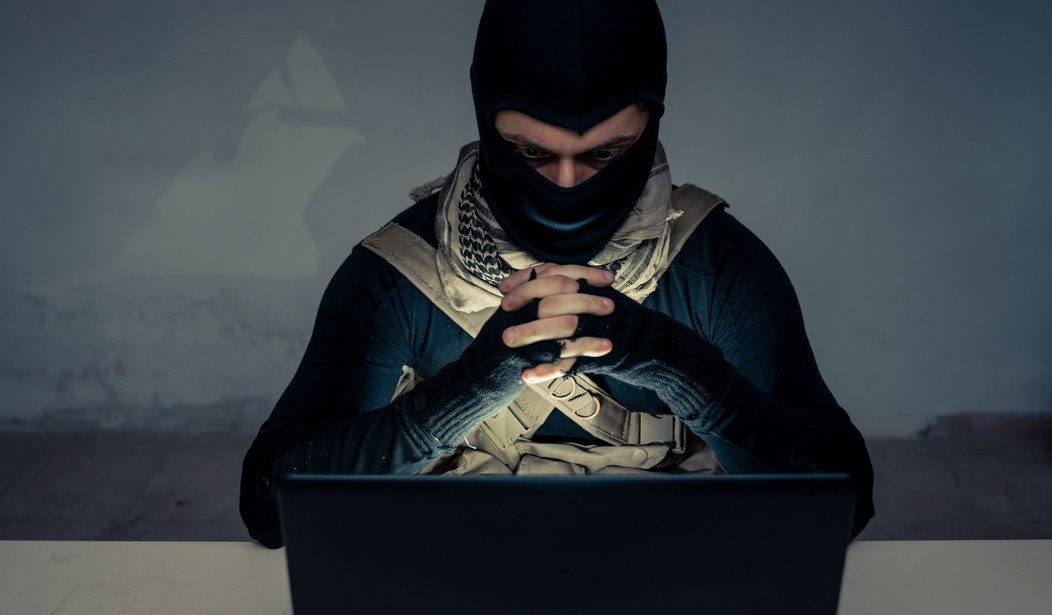Secretary of State John Kerry said his visit to the memorial museum at Hiroshima served as a “reminder of the indisputable truth that war must never be the first resort.”
“It is a stunning display. It is a gut-wrenching display. It tugs at all of your sensibilities as a human being. It reminds everybody of the extraordinary complexity of choices in war and of what war does to people, to communities, to countries, to the world,” Kerry said of the Peace Memorial Museum, which he toured with Foreign Minister Fumio Kishida.
“This was a display that I will personally never forget. I don’t see how anyone could forget the images, the evidence, and the recreations of what happened on August 6th, 1945.”
But, Kerry added, “the reason we came here was not to be stuck in the past.”
“We came here and drew from the experience of touring in this museum how critical it is that we all apply the lessons of the past to the future and the present,” he said. “Going through this museum was a reminder of the depth of obligation that every single one of us in public life carries – in fact, every person in position of responsibility carries – to work for peace, to continue the efforts that President Obama and other leaders came together to talk about in Washington a few days at the Nuclear Security Summit, to create and pursue a world free from nuclear weapons.”
Kerry, the first secretary of State to visit the Hiroshima memorial, wrote in the guest book that everyone should visit the site of the atomic blast, “and ‘everyone’ means everyone,” he added at his press conference.
President Obama visits Japan next month, but Kerry said he didn’t know if the Hiroshima memorial will be on his “very, very full and complicated schedule.”
“What it underscores to me, and as I said in my comments a few minutes ago in terms of the obligation of any leader anywhere, is anybody who’s been in war – and I’ve been in war – knows the insanity of it and knows how complex it is with respect to loss of life and innocent civilians and people caught up in it,” Kerry continued. “And so we all have to work to avoid that. And that’s what President Obama is committed to in his efforts with the Nuclear Security Summit, his efforts to be part of an initiative to rid the world of nuclear weapons.”
“Now, we all know that’s not going to happen overnight. It’s complicated. You have to find a way to resolve conflicts. You have to change behavior. You can’t just wipe away deterrence overnight. You have to do a lot of things, which is why one of the first steps we want to pursue is the fissile material prohibition, and there are a number of other steps. And it will take time to build the capacity to get there.”
He noted that “something like the actions of Kim Jong-un in North Korea stand out as such an aberration against the direction that the world wants to go.”
He bristled at a reporter’s question on whether he thought a tougher approach to nuclear security was needed “now that you have seen and have a better understanding of the real-world consequences of death and destruction.”
“With all due respect, I didn’t need to come here to, quote, ‘better understand’ the real-world impact of war. I understand the real-world impact of war. I am a child of World War II, born in 1943, and have seen since I was growing up the effects of war. A young boy in Berlin, seeing the burned out Reichstag, Hitler’s bunker blown up, and the consequences of war for that generation that were our parents’. In addition, I obviously served in a war and I saw it there,” Kerry replied.
And on that tougher approach given worldwide threats? “We are tougher now,” the secretary declared.
“We fought, together with some of our closest friends and allies, to get China to sign on to a tougher UN Security Council resolution just a few weeks ago, and we now have stronger sanctions in place against DPRK. In addition to that, we have moved to discussions about the potential deployment of THAAD, which is a defensive – defensive system, as well as other steps that we are engaged in with respect to North Korea,” Kerry said. “So we’re on a path that is constantly ratcheting up and toughening as their behavior grows more threatening and as they don’t heed the prior steps that have been taken.”









Join the conversation as a VIP Member